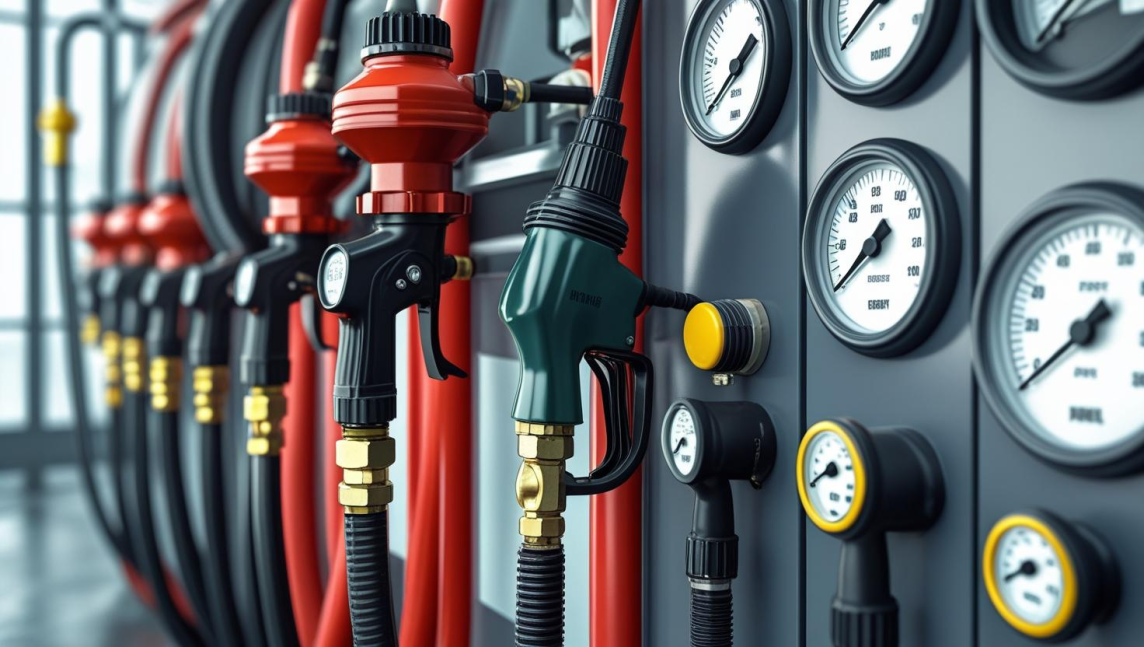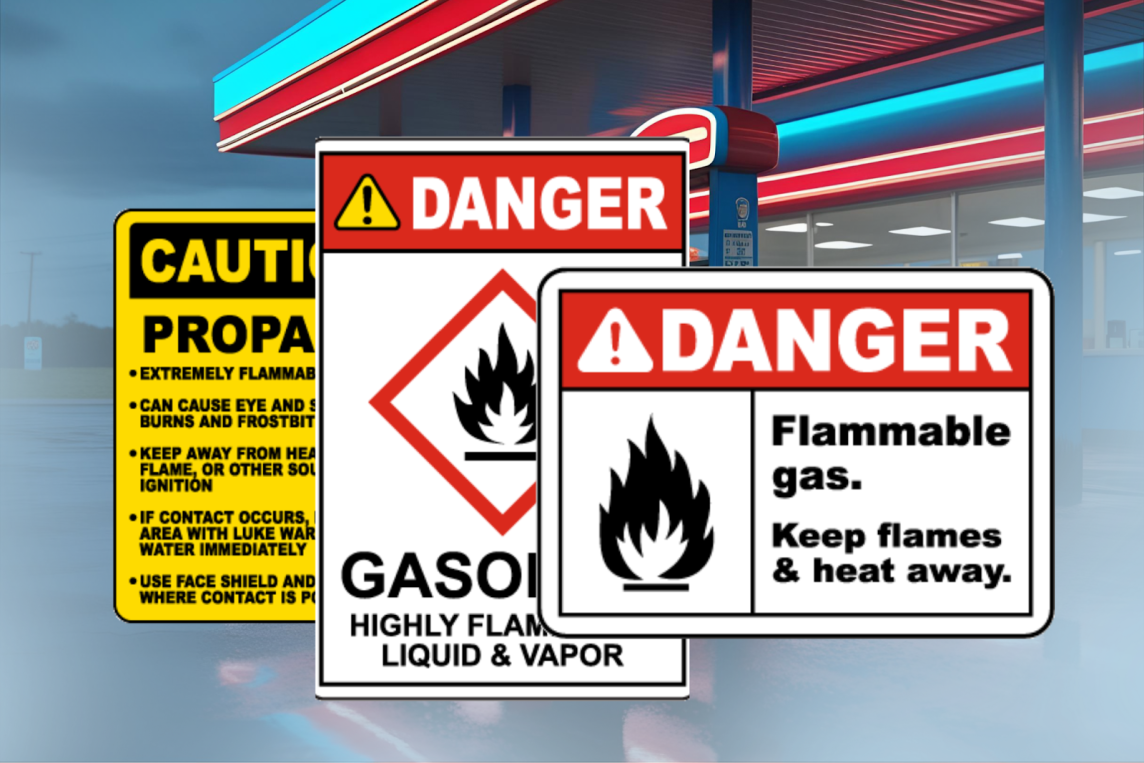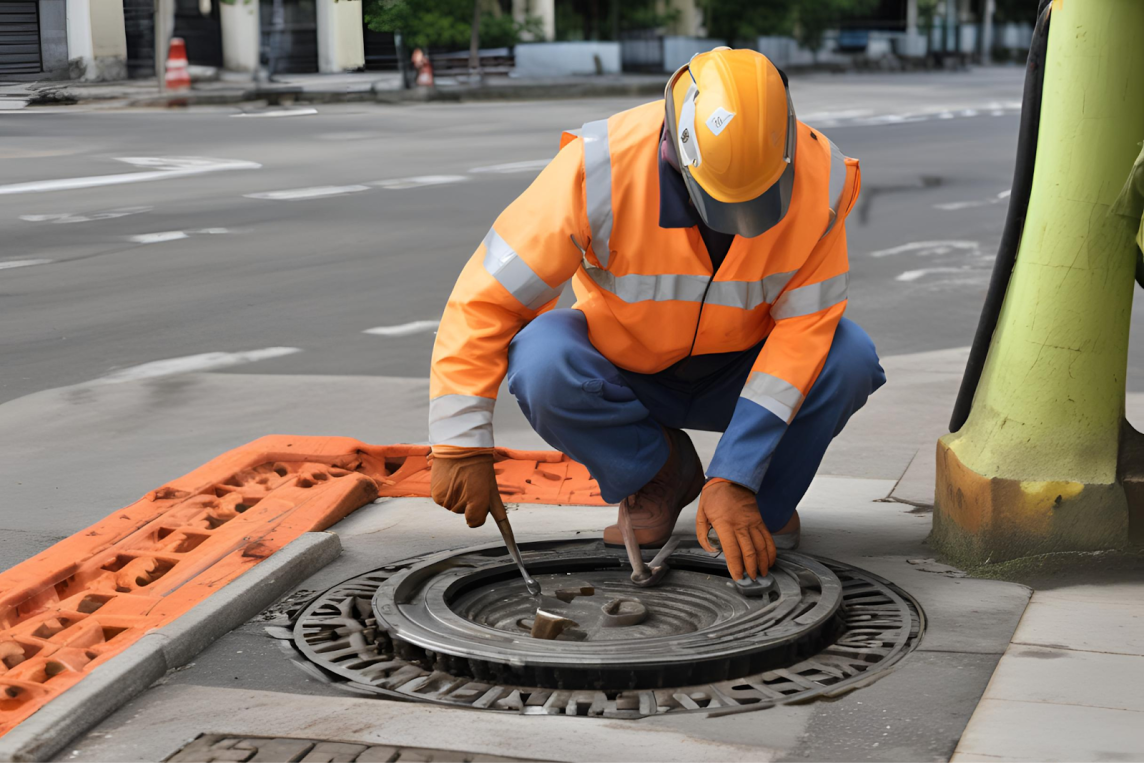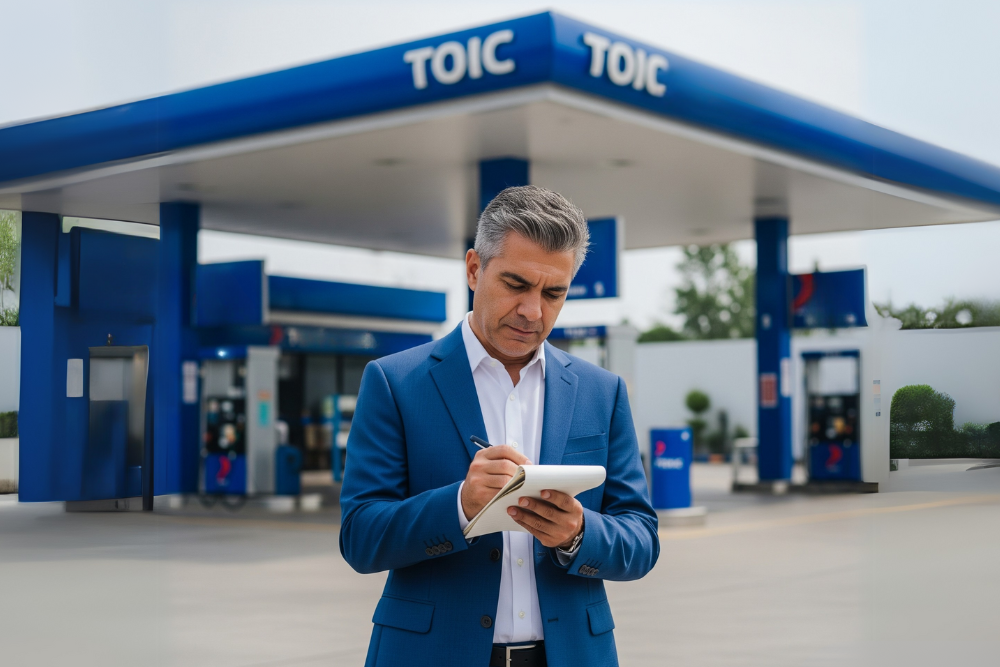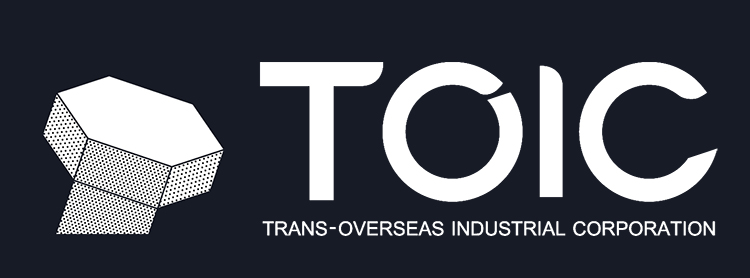In the fuel retail industry, the reliability of your equipment directly impacts your operational efficiency, customer satisfaction, and long-term profitability. Among the most critical assets on your forecourt are your fuel dispensers. These units must deliver consistent performance, withstand heavy use, and meet evolving industry standards. Latitude Fuel Dispensers are purpose-built to meet these demands.
In this blog, we highlight the key features that set them apart and explain why they are a practical choice for long-term, high-performance fueling operations.
Engineered for High Performance
Latitude dispensers work well in high-volume environments. Whether your station is in an urban, rural, or industrial setting, they deliver accurate fueling and high flow rates for faster service.
Built with Durable Materials
Made from high-quality, corrosion-resistant materials, Latitude dispensers can withstand extreme weather and constant exposure to fuel. They are built to last, even in tough conditions.
Modular Construction for Easy Servicing
Latitude dispensers have a modular design. This makes it easy to access components for repairs or upgrades. The result? Less downtime, lower maintenance costs, and a longer life span.
Compliance-Ready and Future-Proof
Keeping up with safety and technology standards is essential. Latitude dispensers come with updated safety features, leak detection systems, and compatibility with modern payment and fleet card technologies. They are adaptable, helping your station stay compliant and competitive.
Lower Total Cost of Ownership
Cheaper dispensers may cost you more in the long run due to frequent breakdowns, calibration problems, or outdated features.
Latitude dispensers are built to reduce hidden costs and deliver exceptional value throughout their lifetime.
Conclusion
Choosing the right fuel dispensers can improve efficiency, cut maintenance costs, and prepare your station for future needs.
Latitude Fuel Dispensers provide strong performance, accurate results, and lasting durability—making them a reliable choice for any fuel station.
As a trusted supplier in the Philippine fuel industry, TOIC Solutions is committed to delivering high-quality equipment for your business. To learn more about Latitude dispensers and how they can benefit your operations, visit www.toicsolutions.com or contact us today.
Why Choose TOIC Solutions?
Trans-Overseas Industrial Corporation (TOIC) Solutions, established in 1976, has been the trusted partner for fuel dispensers, fuel pumps, service station equipment, and the gas station industry in the Philippines. As a leading distributor of advanced fueling technology, we provide reliable, efficient, and durable solutions that enhance the performance of your fueling operations.
With years of expertise and strong partnerships with multinational corporations, TOIC delivers top-quality products, including automatic tank gauging, tank calibration, wetstock management, POS service station systems, and tank testing. If you’re looking to upgrade your fueling system, reduce operational costs, and ensure precision in every transaction, TOIC Solutions is the name to trust. Talk to us!

